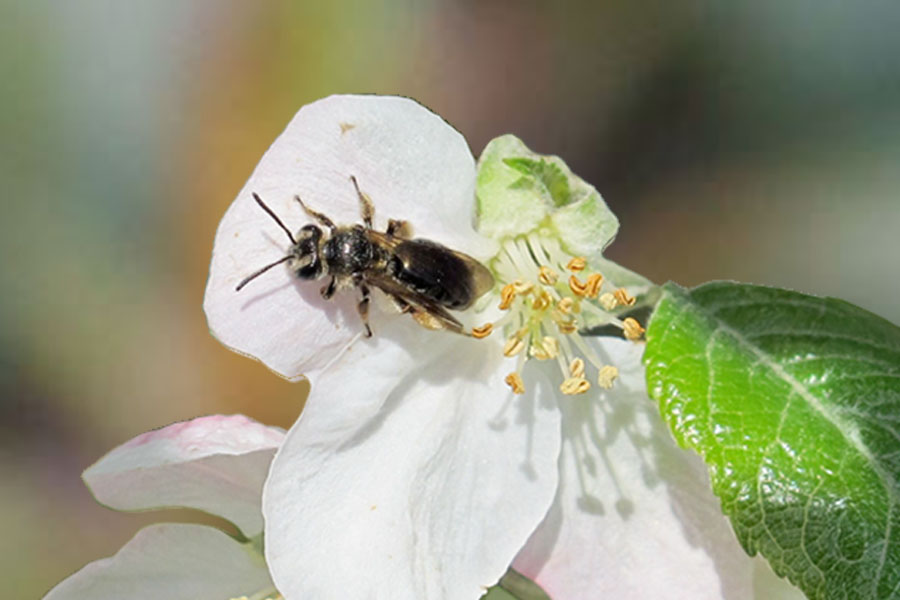
1. Honey production overall for 2022 was below average for the state. However, in some regions yields of two types of honey, northern wildflower and sourwood, were above average. 2. Colony losses for commercial operations were higher than 2021, with some reporting a 60%–70% loss, and backyard beekeepers in some cases experiencing losses above 80%. 3. Varroa destructor (parasitic mites) remains the leading cause of colony loss in Georgia and nationally. 4. Demand for packages, nucleus colonies, and queens were down for 2022.

Published by University of Georgia Cooperative Extension. For more information or guidance, contact your local Extension office.
The University of Georgia College of Agricultural and Environmental Sciences (working cooperatively with Fort Valley State University, the U.S. Department of Agriculture, and the counties of Georgia) offers its educational programs, assistance, and materials to all people without regard to age, color, disability, genetic information, national origin, race, religion, sex, or veteran status, and is an Equal Opportunity Institution.
Status and Revision History
- Published on August 28, 2023
What is a Annual Publication?
Annual publications address a comprehensive issue and are updated each year. These are typically large handbooks or commodity reports.
Written and Reviewed by Experts
This resource was written and reviewed by experts. Click below for more information on how we produce science you can trust.






